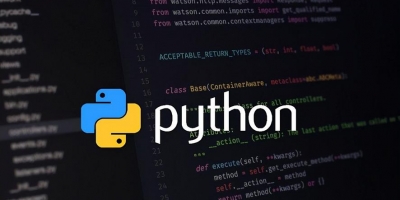python怎么用百分数
Python 输出百分比的两种方式
注: 在python3环境下测试。
方式1:直接使用参数格式化:{:.2%}
{:.2%}: 显示小数点后2位
显示小数点后2位:
>>>print('percent:{:.2%}'.format(42/50))
percent:84.00%
不显示小数位:{:.0%},即,将2改为0:
>>>print('percent:{:.0%}'.format(42/50))
percent:84%
方式2:格式化为float,然后处理成%格式: {:.2f}%
与方式1的区别是:
(1)需要对42/50乘以100 。
(2)方式2的%在{ }外边,方式1的%在{ }里边。
显示小数点后2位:
>>>print('percent:{:.2f}%'.format(42/50*100))
percent:84.00%
显示小数点后1位:
>>>print('percent:{:.1f}%'.format(42/50*100))
percent:84.0%
只显示整数位:
>>>print('percent:{:.0f}%'.format(42/50*100))
percent:84%
说明
{ } 的意思是对应format()的一个参数,按默认顺序对应,参数序号从0开始,{0}对应format()的第一个参数,{1}对应第二个参数。例如:
默认顺序:
>>>print('percent1:{:.2%},percent2:{:.1%}'.format(42/50,42/100))
percent1:84.00%,percent2:42.0%
指定顺序:
{1:.1%}对应第2个参数;{0:.1%}对应第1个参数。
>>>print('percent2:{1:.1%},percent1:{0:.1%}'.format(42/50,42/100))
percent2:42.0%,percent1:84.0%
python学习网,免费的在线学习python平台,欢迎关注!
THE END
下一篇









